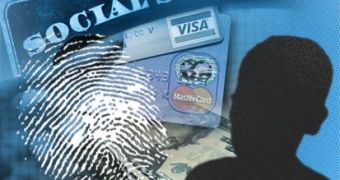Experts from PrivacyGuard are trying to educate college students about the risks of identity theft. They offer three valuable pieces of advice on how to avoid falling victim to such crimes.
Identity theft is a phenomenon that has caused many problems to individuals and companies in the past few years. Since we’re living in the era of information, cybercriminals and fraudsters can put to good use any personal details, from usernames and passwords, to birth dates and social security numbers.
So, what can college students – appointed by a recent study as being the most likely to engage in risky behavior online – do to protect their digital and financial assets?
First of all, the use of a strong password is highly recommended. In a dormitory setting, anyone can have access to your computer if it’s not properly protected. This is why it’s important to make sure that the password is not easy to guess, or written down on a small piece of paper on the desk.
Antivirus software is also important. Some universities have made their own policies about antivirus applications, but even if there aren’t any regulations in place, some extra protection is always good, even if you’re not in the habit of clicking on shady links or opening attachments from unknown recipients.
Public Wi-Fis are in many cases a necessity for college students, but most of them are not properly secured, allowing for sensitive information to be intercepted. This is why experts recommend that you avoid sending online banking information, or other private details, while connected to such networks.
Our own piece of advice is to treat the computer as if it were shared, even if you don’t allow anyone to use it.
You never know when someone might use the “over-the-shoulder” approach to steal your operating system password. If all the passwords are remembered by the browser, you’re basically giving the attacker access to your valuables.

 14 DAY TRIAL //
14 DAY TRIAL //